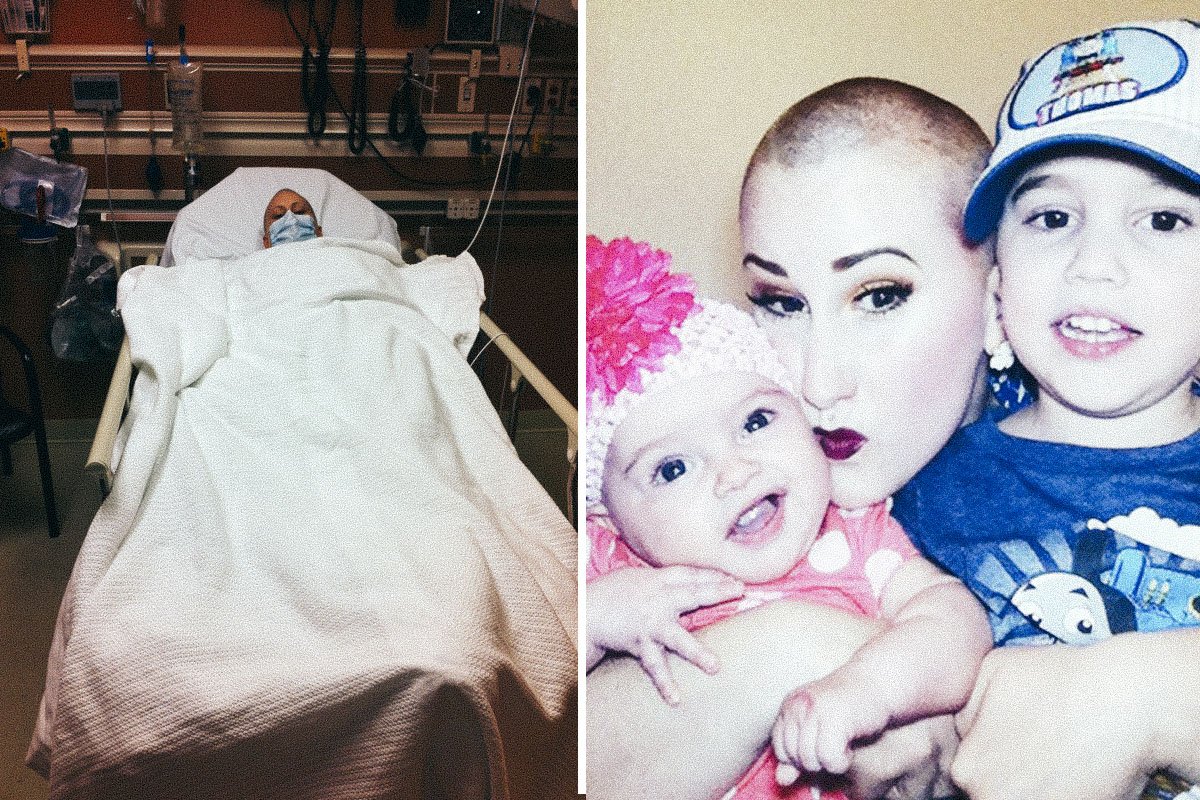“Your chances of having cancer are basically zero."That’s what I was told, over and over again. The exhaustion, the night sweats, the chest discomfort, the dizziness, the swollen lymph nodes; none of it seemed to matter. My body was sounding alarms, but the very people I turned to for help treated me like I was exaggerating, paranoid, or wasting their time.
One doctor smirked. Another rolled their eyes. Others simply brushed past my words, rushing to write prescriptions that didn’t fit. It wasn’t just dismissal, it was erasure.
I wasn’t just fighting a disease. I was fighting to be believed.
A System Built to Dismiss
This is the reality of healthcare in the United States: too often, it is not designed to heal but to profit. Appointments are short, rushed, and transactional. Insurance providers act as gatekeepers, deciding which tests are “worth” approving. Patients become statistics in a system that sees them less as people and more as codes on a billing form.
And when you’re too weak to advocate for yourself? The system swallows you whole.
What terrifies me most is how normal this has become. We hear stories of missed diagnoses, of patients gaslit into silence, of lives lost simply because someone in a white coat decided not to listen.
Misdiagnosed
I went from doctor to doctor, hoping for answers. Instead, I was handed labels that never fit: panic disorder. Asthma. Allergies. Depression. Anxiety.
With each appointment, I left carrying more pills, inhalers, antibiotics, antidepressants, allergy medications, but fewer answers.
All the while, tumors were quietly spreading inside me.
Each wrong prescription was not just useless, it was dangerous. Each dismissal pushed me further into doubt, into fear, into the possibility that maybe I was imagining it. That maybe my pain didn’t matter.
This is what medical gaslighting does: it teaches patients to second-guess their own suffering.
The Turning Point
It wasn’t until my sixth doctor that something shifted. This one didn’t rush. This one didn’t laugh or wave me off. She sat with me. She listened. And most importantly, she believed me.
That belief was the difference between life and death.
She ordered the scan I had been pleading for. The results were undeniable: cancer.
In that moment, I felt two things at once, devastation at the diagnosis, and vindication that I had been right all along. My body had been screaming for months, and finally, someone had cared enough to hear it.
Why Listening Matters
This is bigger than my story. It’s about what happens when a healthcare system refuses to value patient voices.
Dismissal isn’t just frustrating, it’s fatal. Delayed diagnoses cost lives. Assumptions based on age, gender, or background distort the truth. And when doctors place their own certainty above patient testimony, they gamble with people’s futures.
The truth is simple: listening is medicine. Dismissing is malpractice.
Lessons From the Edge
What I’ve learned is this:
A medical degree doesn’t guarantee compassion.
Expertise without humility is dangerous.
And the healthcare system, as it stands, is not built to protect us.
If I had trusted the first five doctors, I would not be alive to tell this story. Survival, for me, depended on refusing to be silenced. It depended on questioning authority. It depended on persistence that many people, especially the sickest among us, can’t always afford.
And that’s the injustice: no one’s life should hinge on how hard they can fight to be believed.
A Call for Change
We need a system where patients are partners, not problems. Where listening is the foundation, not the afterthought. Where humility and humanity guide care as much as textbooks and training.
Because behind every missed diagnosis, behind every story like mine, there are lives lost, families shattered, futures stolen.
I survived not because the system worked, but because, against all odds, I refused to give up.
The question we should all be asking is: how many don’t get that chance?

